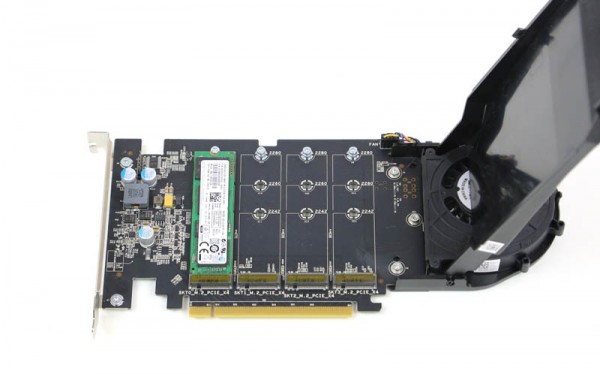Well just a quick one - if you happen to have an NVMe drive (PCIe) and you have enough space on it, try putting ED there.
The occasional stutters when coming out of hyperspace went from half a second (on the old SSD drive) to "barely noticeable". By that I mean I hardly notice it unless I specifically go looking for the stutter.
I know, this is a problem that FD still has to fix, but we can sort of workaround it...
The occasional stutters when coming out of hyperspace went from half a second (on the old SSD drive) to "barely noticeable". By that I mean I hardly notice it unless I specifically go looking for the stutter.
I know, this is a problem that FD still has to fix, but we can sort of workaround it...

